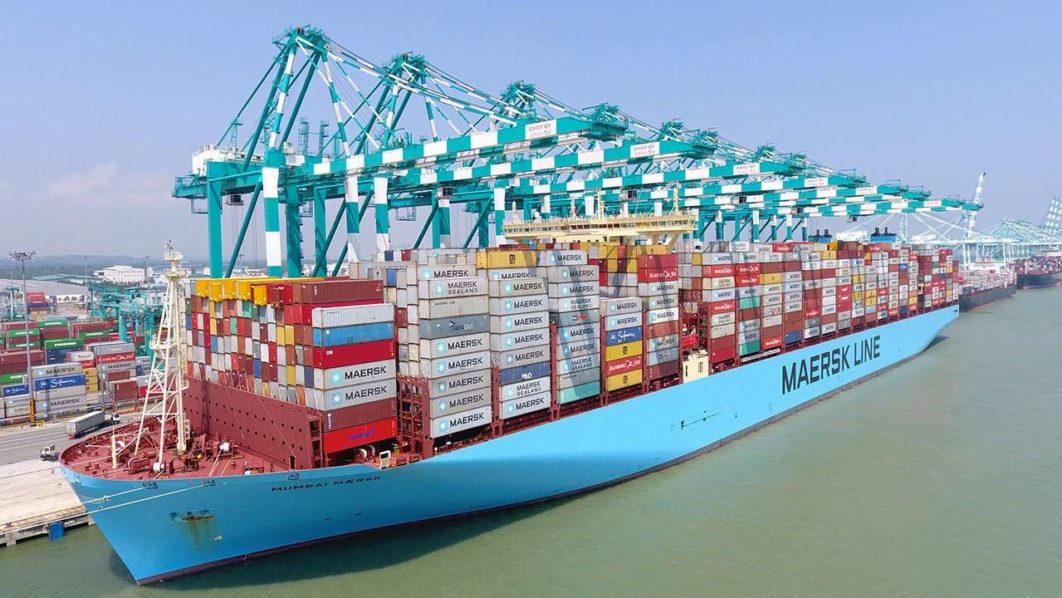
Industry experts have attributed Nigeria’s continued payment of the $400 million war risk premium to the persistent use of private security firms and foreign military forces to secure merchant vessels on the country’s waterways.
Despite experiencing near-zero insecurity incidents in recent times, foreign merchant vessels navigating the region continue to deploy armed military personnel, including those from post-Iraq conflict zones, to safeguard their ships against piracy.
Experts argued that the practice serves the commercial interests of the shipping companies at a significant financial cost to Nigeria. Meanwhile, the United Nations Convention on the Law of the Sea (UNCLOS) and the International Maritime Organisation (IMO) established legal frameworks prohibiting states’ use of military personnel as security on commercial vessels.
The Executive Director of Operations and Technical Services at Tantita Security Services Nigeria Limited (TSSNL), Captain Warredi Enisuoh, acknowledged that while foreign security forces have contributed to a reduction in piracy, it comes at a high financial and strategic cost.
Enisuoh, a former Director at the Nigerian Maritime Administration and Safety Agency (NIMASA), noted that private security companies providing escort services are crucial in securing inbound and outbound vessels.
However, he emphasised that this protection comes at a steep price.
“Foreign merchant ships are carrying armed personnel. They are the ones that have brought the stability we are witnessing. If you go to Escravos, you will see them wearing body armour. These security personnel, many likely from post-Iraq conflict zones, come at a cost,” Enisuoh stated. He also raised concerns about the overwhelming presence of foreign military ships in Nigeria’s maritime domain, describing the situation as “a free-for-all environment” where these forces prioritise the safety of their flags and allied nations.
Enisuoh further lamented the dominance of European insurance firms in handling maritime security risks in Nigerian waters.
“All the insurance firms covering security risks in this region are based in Europe. Nigeria has little control over the financial mechanisms determining shipping costs within its waters.”
The Head of Research at the Sea Empowerment and Research Center (SEREC), Eugene Nweke, highlighted the hidden economic costs of Nigeria’s reliance on foreign security. He said this underscores the complexity of maritime security in Nigerian waters, noting that while private security solutions have helped curb piracy, they raise concerns about long-term sustainability and national sovereignty.
He identified several economic burdens associated with the current security arrangement, including increased insurance premiums due to perceived security risks in Nigerian waters and additional fees imposed by shipping companies to offset private security expenses.
Others are potential financial losses as businesses factor security risks into their operational decisions and dependence on foreign security forces, which may undermine Nigeria’s sovereignty and create long-term dependencies.
Nweke urged Nigerian authorities, including NIMASA, the Nigerian Navy, and the Nigerian Ports Authority (NPA), to take a more proactive role in securing the country’s waters.
Stating the International Maritime Organisation (IMO) guidelines, the President of the Merchant Seafarers Association of the USA Inc., Captain Alfred Oniye, said it discourages the use of military personnel aboard commercial vessels.
He said the IMO guidelines explicitly state that ‘the use of military personnel on commercial vessels should be avoided to prevent the escalation of conflicts and ensure compliance with international maritime security standards.
Oniye further cited IMO document MSC.1/Circ.1405/Rev.2, which recommends that “the use of privately contracted armed security personnel on board ships in high-risk areas should be considered as part of a layered defense to deter, prevent, and delay piracy attacks”—indicating a preference for private security over military forces.
According to Oniye, both national and international laws prohibit the deployment of military personnel on commercial ships. He emphasised the importance of adhering to established maritime legal frameworks to avoid legal conflicts and security breaches in the shipping industry.
Oniye also referenced Article 2, Paragraph 3 of UNCLOS, which states: “The sovereignty over the territorial sea is exercised subject to this convention and other rules of international law.” He stressed that compliance with international regulations is crucial for maintaining Nigeria’s sovereignty over its territorial waters.






